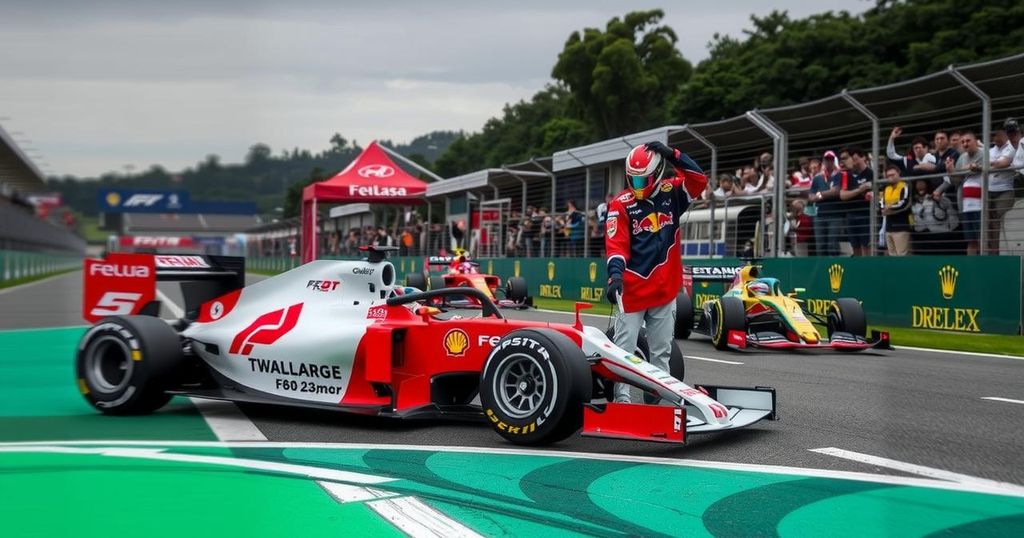Countries like Rwanda, South Africa, and Thailand are pushing to host Formula One races, yet there are compelling arguments against this pursuit. Many citizens in these nations face poverty and lack essential services, making the decision to invest in a Grand Prix controversial. Financial challenges, historical context, and the need for responsible investment in local communities must be considered when discussing the appropriateness of F1 in these regions.
Formula One (F1) is currently witnessing a competitive push from countries such as Rwanda, South Africa, and Thailand, all of which aspire to secure a place on the F1 calendar. However, significant concerns arise regarding the appropriateness of F1 in these nations, particularly given their urgent social and economic challenges. For instance, South Africa’s sports minister expressed a strong desire to bring F1 back to the continent, highlighting the stark contrast between the number of Grand Prix events held in Europe versus Africa. Despite this ambition, financial hurdles remain critical, with previous attempts to revive the South African Grand Prix encountering funding issues.
The historical connection of South Africa to motorsport does not overshadow the pressing needs of its populace, many of whom live below the poverty line. Basic utilities and economic support would serve the citizens better than hosting a high-profile Grand Prix, which could waste substantial public funds. The hypothesis that such events would draw significant tourism is questionable; historical examples indicate that the costs of organizing a Grand Prix may outweigh any potential revenue. Moreover, without substantial investments from the government, financial failure is a likely outcome.
The FIA and Formula One must reevaluate their approach in these regions. If they indeed believe in promoting motorsport in underrepresented areas, they should consider lowering participation fees and providing affordable ticketing options to engage local communities. Investment in local motorsport initiatives would not only justify the hosting of a Grand Prix but would also cultivate grassroots support for motorsport, creating a more sustainable model for the future of F1 in these countries.
The push for Formula One Grand Prix events in developing countries stems from a desire for global recognition and economic growth. In recent years, nations such as Rwanda, South Africa, and Thailand have sought to capitalize on the popularity of F1, hoping it would drive tourism and investment. However, a closer examination reveals that these countries face complex socio-economic challenges requiring immediate attention, such as widespread poverty and infrastructural deficits. As a result, the prioritization of high-stakes sporting events raises ethical questions and concerns over financial responsibility.
The desire of Rwanda, South Africa, and Thailand to host Formula One races highlights a clash between ambition and reality. Given the substantial social challenges faced by these nations, diverting public funds to support an F1 Grand Prix appears misaligned with the needs of their populations. Sustainable approaches that focus on local engagement and community investment are essential if the FIA and F1 wish to foster meaningful relationships in these regions. Without such considerations, the feasibility and appropriateness of hosting F1 events must be critically reassessed.
Original Source: www.gpblog.com






